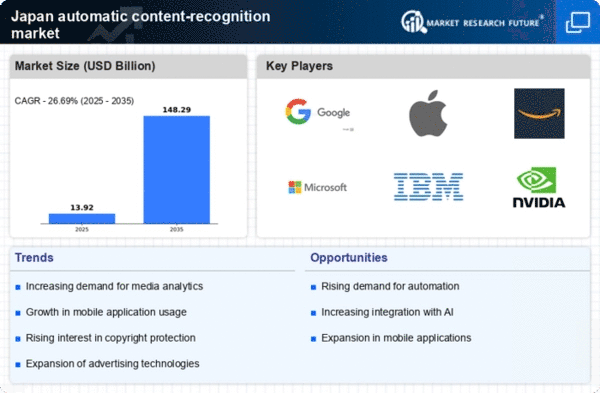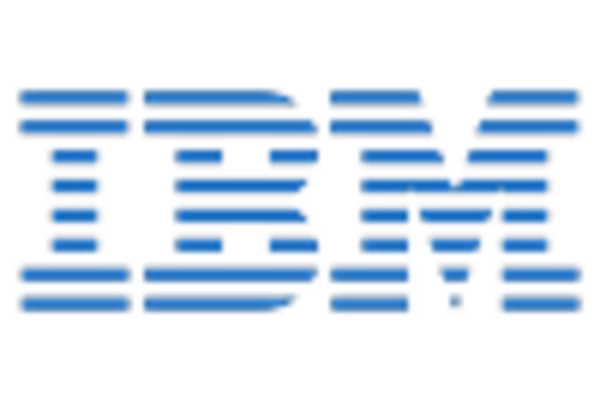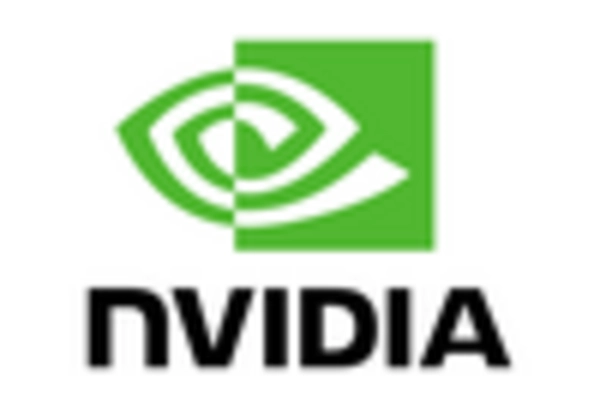Consumer Behavior Shifts
Shifts in consumer behavior towards digital content consumption are significantly impacting the automatic content-recognition market in Japan. As audiences increasingly prefer on-demand and mobile content, businesses are compelled to adapt their strategies accordingly. This trend is likely to result in a market growth of around 14% as companies seek to leverage automatic content-recognition technologies to analyze viewer preferences and optimize content delivery. By understanding consumer behavior, businesses can tailor their offerings, thereby enhancing customer satisfaction and loyalty. This adaptability is crucial for success in an ever-evolving digital landscape.
Growth of Streaming Services
The proliferation of streaming services in Japan is a key driver for the automatic content-recognition market. With the increasing number of platforms offering on-demand content, there is a growing need for efficient content management and recognition systems. As of November 2025, the market is anticipated to grow by approximately 18% due to the rising subscriptions to streaming services. These platforms require robust automatic content-recognition solutions to enhance user engagement and provide personalized recommendations. The integration of such technologies allows for better content categorization and improved search functionalities, which are essential for maintaining competitive advantage in a crowded market.
Government Initiatives and Support
Government initiatives aimed at promoting digital innovation are playing a pivotal role in the automatic content-recognition market in Japan. Policies that encourage technological development and support for startups are fostering a conducive environment for market growth. As of November 2025, the market is projected to benefit from increased funding and resources allocated to research and development in content recognition technologies. This governmental backing is likely to stimulate collaboration between public and private sectors, leading to advancements in automatic content-recognition solutions. Such initiatives may enhance the overall competitiveness of the market, positioning Japan as a leader in this technological domain.
Rising Demand for Content Security
In Japan, the automatic content-recognition market is significantly influenced by the rising demand for content security and copyright protection. As digital content consumption increases, so does the need for effective monitoring and enforcement of intellectual property rights. The market is expected to witness a growth rate of around 12% annually, as businesses seek to safeguard their content from unauthorized use. Automatic content-recognition technologies provide solutions for identifying and tracking copyrighted material across platforms, thus ensuring compliance with legal standards. This heightened focus on content security is likely to drive investments in advanced recognition technologies, further propelling the market's expansion.
Technological Advancements in Media
The automatic content-recognition market in Japan is experiencing a surge due to rapid technological advancements in media processing. Innovations in machine learning and artificial intelligence are enhancing the accuracy and efficiency of content recognition systems. As of 2025, the market is projected to grow at a CAGR of approximately 15%, driven by the increasing demand for automated solutions in media and entertainment. Companies are investing heavily in R&D to develop sophisticated algorithms that can analyze and identify content in real-time. This trend is likely to lead to improved user experiences and more personalized content delivery, thereby expanding the market's reach across various sectors, including broadcasting and streaming services.
















